After reading the Watts series, for much deeper insight into the operative criminal psychology and functional family dynamics, you should probably read the trilogy on Scott Peterson starting with Blood & Seawater, then Night Before Christmas, then Night Eternal.
The Treachery series covering Casey Anthony also gives insight into the family dynamics of child murder.
And then the Van Breda axe murders [5 books] gives a lot more background into why family annihilations happen.
If you’re interested in the ideas of narcissism, MLM and vanity associated with the Watts case, then you should look into the 6 part Jodi Arias series, starting with AUDACITY. If you think Chris Watts was living in a dream world when he committed premeditated triple murder, Jodi Was too. Jodi Arias is another classic example of how love can warp peoples minds, hearts and motives.
For those interested in the background to how Rocket Science evolved, read on:
When I started writing True Crime I had to make a decision whether I was going to isolate analysis to one particular case, or whether to use Intertextuality – linking criminal psychology across different True Crime narratives.
The reason it happened [and keeps happening] is due to the unusually rapid pace of research and writing. And as a result of intensely researching one case, and writing a series, and then a few weeks later digging deep into another case, and another series, one invariably finds huge areas where the criminal psychology is aligned. It matches. Not only is the thinking similar, some of the statements and semantics are too. This includes not only the statements, excuses and identities of the perpetrators, but their victims too. It’s fascinating. It’s also very, very disturbing.
The first time this happened was between the Oscar Pistorius and Jodi Arias narratives. Then between the Ramseys and the McCanns. Soon I discovered the basic webs of psychology and symbolism that link all criminal cases to one another, and are embedded programs – effectively – in society, and in all individuals.
This led me to encounter and develop pretty sophisticated psychological concepts already present in psychoanalysis, but somewhat extemporaneous. These sophisticated concepts attempting to explain the human dilemma still needed a little fine-tuning. Principle among these dilemma is the classic one overarching them all: the Problem of Evil.
And eventually I started rubbing shoulders with strange new words. Cosmodicy, Theodicy, Anthropodicy. If you haven’t heard these words before – well, I hadn’t either. They’re all to do with the science of man [who are we, how are we designed, how can we be fixed?]. I was interested in that not only as a true crime writer, but as me, as someone wanting to know how broken people – and broken families, and societies – can be fixed. And to figure that out we have to know how we are put together. Do these designs work? Do we need new More Intelligent Design?
Let em explain a little more about the basic design constructs people came up with when they tried to approach man’s basic dilemma in the world.
If Theodicy is an attempt to describe via religious constructs how God deals with evil, then an Anthropodicy attempts to justify [or simply interrogate] the “fundamental goodness” of human nature in the face of the evils [that is True Crime] produced by humans. If there’s a lot of literature dealing with God as a sort of Deus-ex-machina, there’s not much literature dealing with man as not only the problem, but also the source of [and thus the solution to] his problems, and principly, the problem of evil.
True Crime is a handy turf where those problems can be “safely” but also effectively examined and understood. And so through True Crime, so can we. We also understand and fix ourselves, so long as we’re not simply caught up in fruitless transference, projection and voyeurism. And so Rocket Science really found its feet in the genre by attempting to interrogate True Crime authentically. In this way, I believe the contributions of Rocket Science are real and fundamental to an Anthropodicy that we’re struggling with, but until now haven’t even been sure how to define, let alone approach it.
Because an even higher tier to this psychological clockwork feels like it might be a Cosmodicy, the attempt to justify the fundamental goodness of the universe in the face of evil. In modern entertainment we sees these efforts through the slew of out-of-this world blockbusters: the Marvel Comic Universe, Star Wars, Guardians of the Galaxy and even our own world gone Magic and Mythical: Game of Thrones, Lord of the Rings, Harry Potter, Twilight, The Hunger Games.

But even the theologians and philosophers acknowledge that Cosmodicy is little more than a wave to the problem as it really exists, for us.
Immanuel Kant points out that no working Theodicy yet exists for our world. But he warns, no effective anti-Theodicy exists either. Ernest Becker has made great strides in this regard, and taking Becker’s threads and weaving them into True Crime, I believe – at last – we do have a working and workable science of man [a True Crime Sociodicy that is but less a justification than an explanation, if you will].
Theologian J. Matthew Ashley described the relationship between theodicy, cosmodicy and anthropodicy:
In classical terms, this is to broach the problem of theodicy: how to think about God in the face of the presence of suffering in God’s creation. After God’s dethronement as the subject of history, the question rebounds to the new subject of history: the human being. As a consequence, theodicy becomes anthropodicy – justifications of our faith in humanity as the subject of history, in the face of the suffering that is so inextricably woven into the history that humanity makes.

And so within this schema, the Watts case emerges as a classical modern True Crime Anthropodicy. These are fancy words to say through the inverted fairy tale of the Watts Family Murders, we can at last understand how our various man-made constructs [nations, cultures, corporations, societies, families, marriages, individuals, children, even the unborn] fail us, and why we as children, adults, individuals, communities, collectives, need to be better to do better. We can, but it starts with an authentic acknowledgement of what’s not working, and why.

































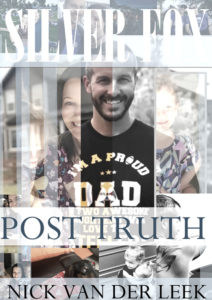
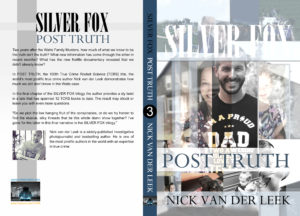

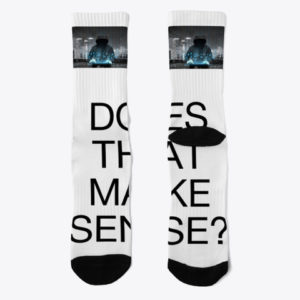
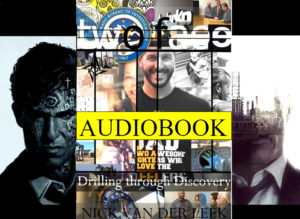
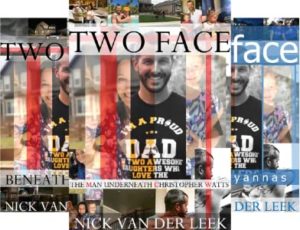

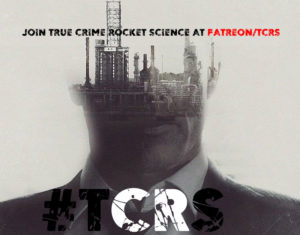

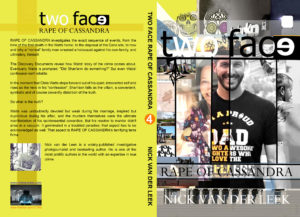
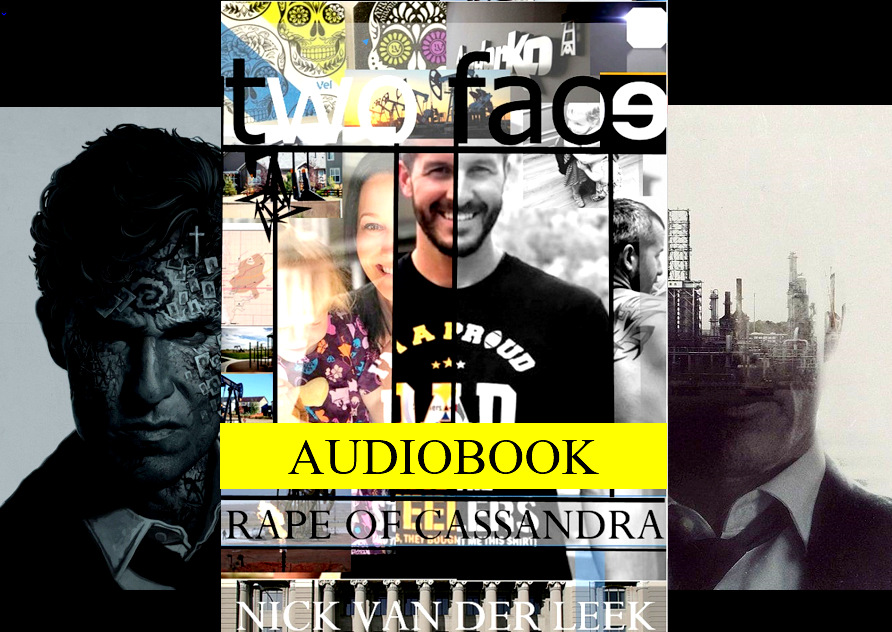
Recent Comments